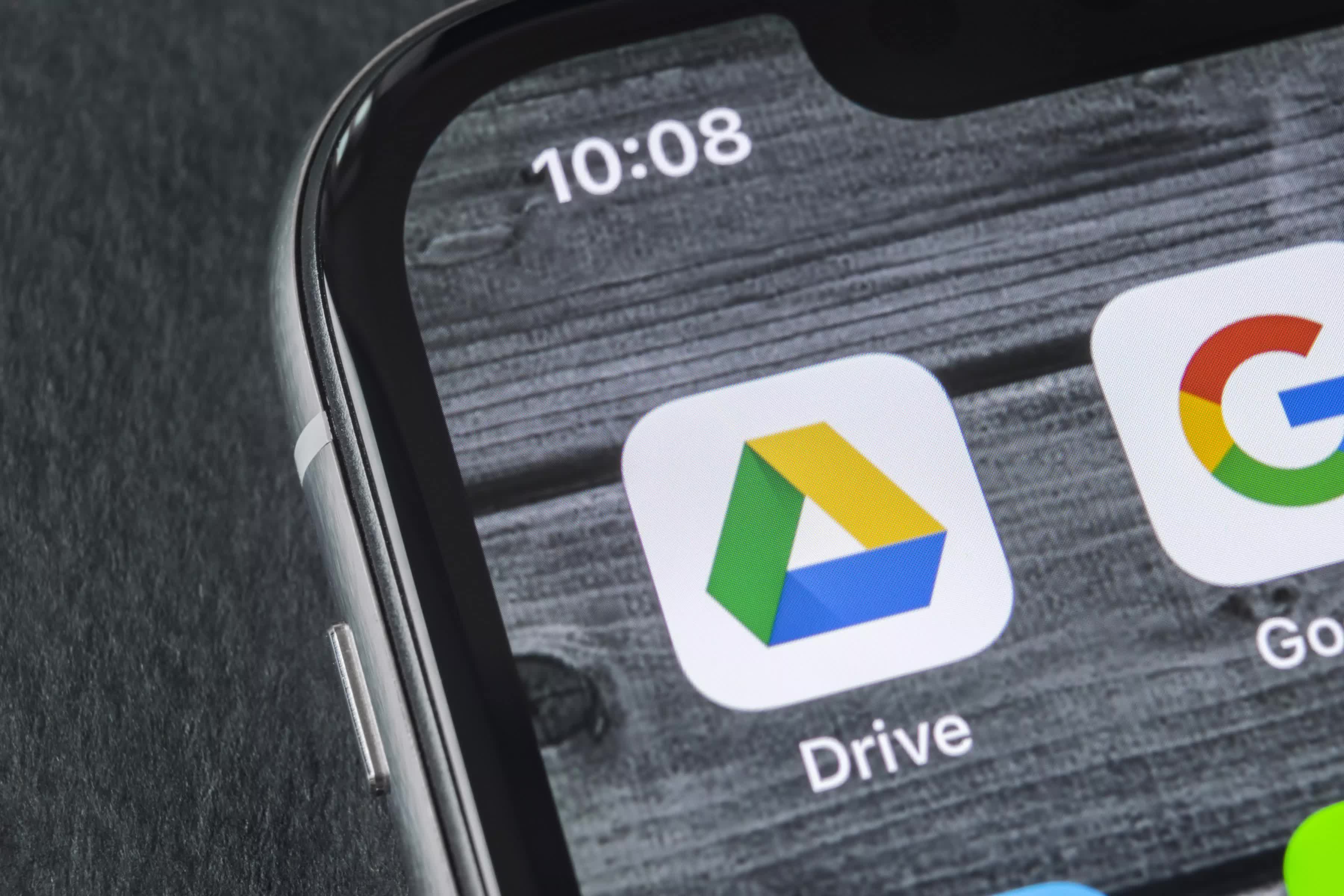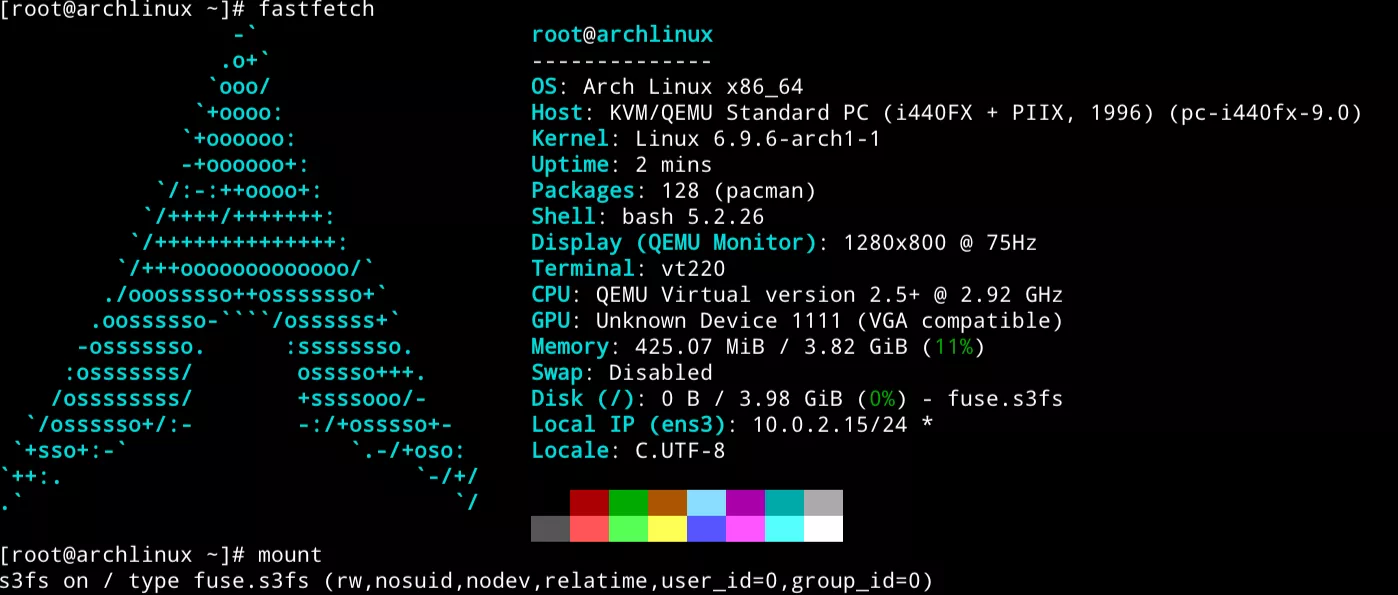In brief: Purdue University computer science student Ersei has achieved an extraordinary technical feat: getting a full Linux distro to boot directly from Google Drive. It all started when a friend managed the already impressive feat of booting Linux from a Network File System. But being a self-proclaimed competitive soul, Ersei decided to go bigger. In what they call a "ragged screech of madness," the developer landed on the idea of booting an operating system from Google's cloud storage platform.
"Competitiveness is a vice of mine. When I heard that a friend got Linux to boot off of NFS, I had to one-up her," Ersei explains. "I had to prove that I could create something harder, something better, faster, stronger."
Most people would assume that's just not possible – after all, Google Drive is built for storing and sharing files, not loading entire operating systems. But they disagreed. Armed with some solid Linux development experience, Ersei set out to make the plan a reality. The method was to create a FUSE (Filesystem in Userspace) RAM disk that could load all the essential OS components, apps, and networking binaries directly from Google Drive during the Linux boot process.
Sounds simple in theory, but the reality was far from it. The dev had to handle EFI images, pivot_root, and even inexplicable errors caused by Google Drive's symlinks. But they tweaked and adjusted their way through it all.
When the Frankenstein-ish code was finally ready for the real world, the student fired it up on a spare laptop without any local storage.
Some final adjustments for Ethernet, display, and network settings in a unified EFI file later, and the magic actually happened – the laptop booted into a full Arch Linux desktop environment, loaded entirely from Google Drive.
It's currently extremely slow, and permissions and attributes are broken. But at least it works. Does it have any practical applications? Ersei thinks maybe for booting environments from things like Git repos or SSH connections.
The creator jokes that it could also let companies "leave their unreliable hardware storage behind" and go full cloud.
Ersei is also unsure of what wild pursuit he'll tackle next, but a Nix installation could be a possible project. "The possibilities are endless, despite the middling usefulness."

